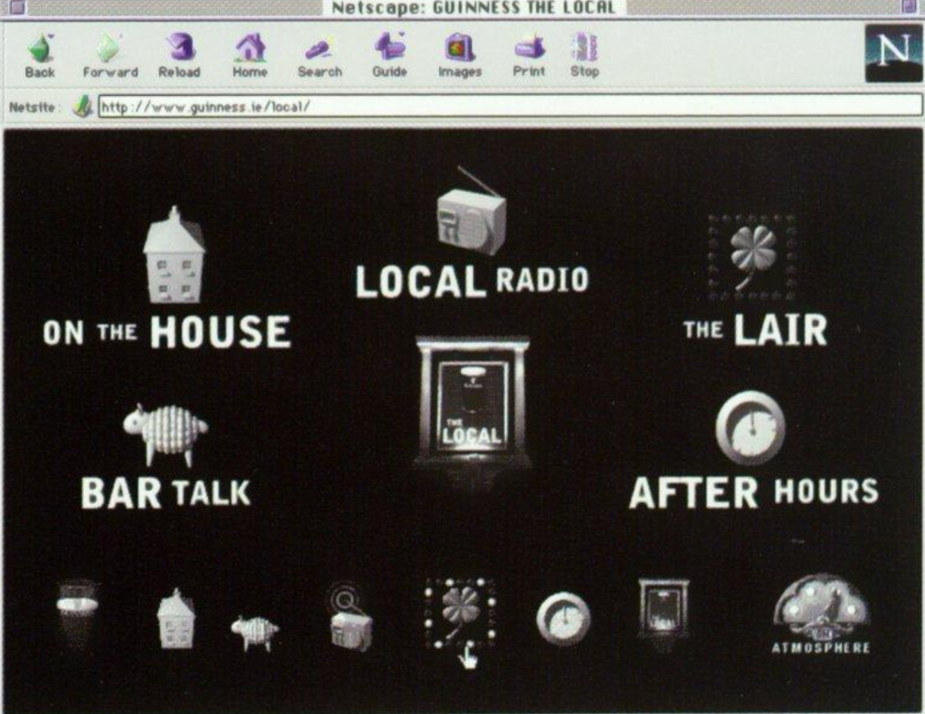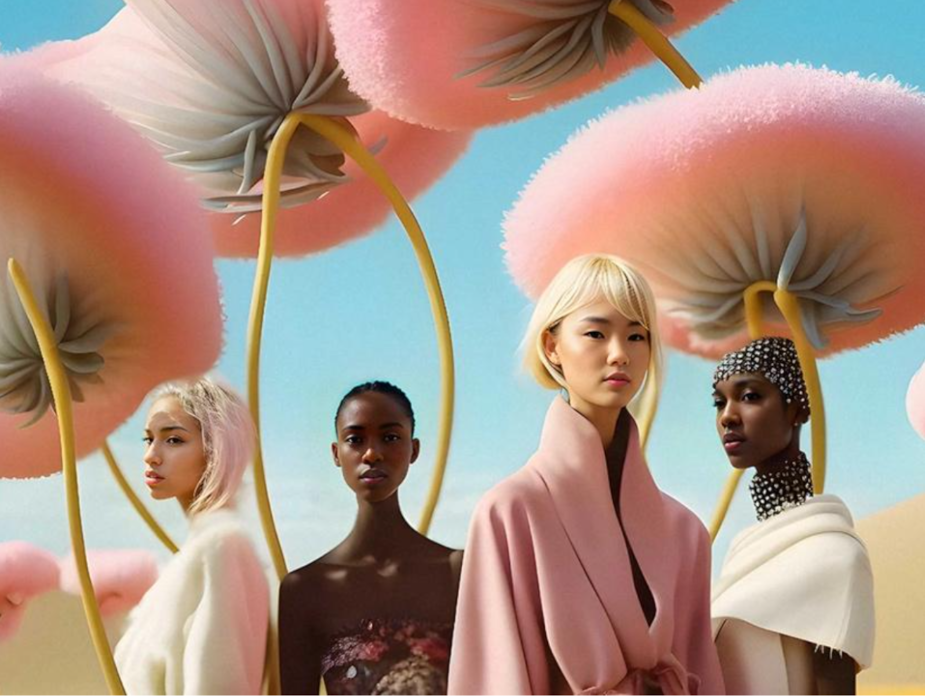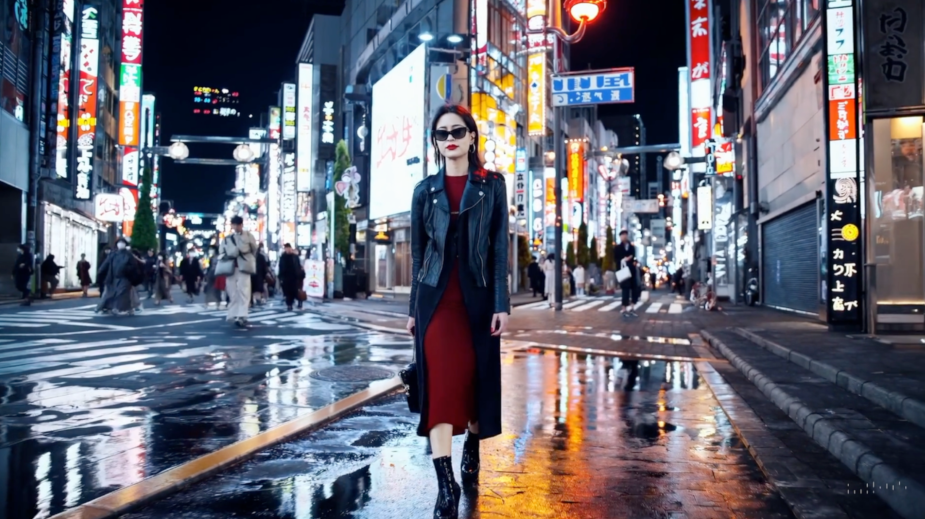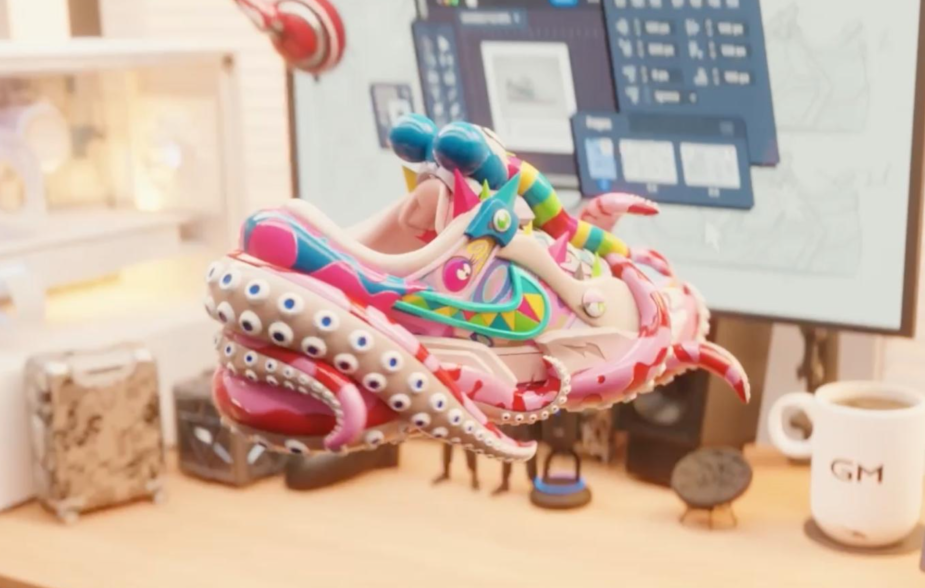
Survive past 2025: How to Survive and Thrive in a New Era of Technological and Cultural Shifts

Image source: Barbara Zandoval via Unsplash
“You have six months to get your AI shit together, or you’re toast”. I heard that cheery prophecy at Cannes Lions last year. I took it with a pinch of salt, but it did encourage me to ramp up my mission to get my “AI shit together” and really consider how technology is reshaping our industry rather than just dabbling in ChatGPT and Midjourney.
I’ve worked in advertising and digital for nearly 30 years. Back in the mid-nineties, the internet was the new Wild West, and we were constantly trying to do things that hadn’t been done before. I was a young creative at Ogilvy & Mather at the time, doing a bunch of digital firsts for brands including Guinness, Ford, and Unilever. We even built the first Argos website (with eight items for sale) when Amazon was still a bookshop run from Jeff’s garage. I was at the bleeding edge and loving the creative freedom it gave me in an industry that didn’t understand it. Adland was holding onto the past and didn’t really have a clue what was coming. The advent of AI and other technologies makes it feel like we’re approaching a similar event horizon. This time, though, most of us know something big is coming and that our survival as an industry will depend on how we adapt.

Source: The Guinness Local website (1998) with chatbot barman and barmaid.
As American writer and futurist Alvin Toffler put it, "The illiterate of the 21st century will not be those who cannot read and write, but those who cannot learn, unlearn, and relearn."
In an age of rapid technological innovation, the advertising industry is at a crossroads. We are set to witness not just a technological evolution but a cultural revolution in brand engagement with consumers. This fusion of technology and culture is reshaping marketing strategies and presenting new avenues for connection and understanding.

Source: AI-generated street poster art Revolve
Here’s a snapshot of some of the key technologies driving this change.
AI and Personalised Marketing: A Cultural Shift
We’ve all been wowed by the power of generative AI and LLMs (Large Language Models) such as ChatGPT and Midjourney over the last few years, but 2024 will see Artificial Intelligence transition from a novel concept to a fundamental component in marketing and beyond. Research from Goldman Sachs suggests that generative AI has the potential to automate 26% of work tasks in the arts, design, entertainment, media and sports sectors. This means that fewer people will be able to take on a greater number of tasks, with existing roles likely to evolve. But it will also lead to the creation of new jobs. Something similar happened in the early 2000s after the mass adoption of the internet, with thousands of new roles being created across almost every sector, including the creative industries.
AI’s ability to drive personalisation in a digital-centric world where consumers expect brands to cater to their individual preferences will become vital for brands. Amazon and Netflix have used AI for years to recommend products and content, with the latter even testing AI-generated personalised trailers, while Spotify’s AI DJ is like having your very own radio station and DJ driven by your personal algorithm. This personalisation will eventually make its way into all campaigns.
The next big thing in AI to affect our industry is undoubtedly text-to-video OpenAI, and it won’t be long before high-quality, prompt-generated AI video is available to everyone. Sora isn’t even live yet, but it has been making huge waves with its incredible, lifelike video demos. The implications for creative businesses are profound but also hugely exciting.

Source: Video snippet from Sora video
AI audio is also going to make a huge impact. I was recently blown away by a couple of AI audio generators. Suno has been described as the Midjourney for music. It allows users to type in text prompts such as genre, theme, style and key lyrics to create original tracks. I was surprised by the quality, the endless possibilities, and the fact that you can use these tracks commercially if you're a subscriber. ElevenLabs is a text-to-speech and speech-to-speech voice generator. I put it through its paces on a script I recently wrote. The text-to-voice results were pretty comical, but I switched to voice-to-voice, and the results were incredible. I recorded myself delivering the script, uploaded it, and then chose a voice. It was so simple but so effective. It retained all inclinations, pauses for effect and subtleties the text-to-speech version lost. I switched from the deep, gravelly tones of Callum to the high-pitched, nasally delivery of Freya in seconds. Both equally convincing. The only issue was the accent didn’t change, so switching from British to American voice artists made no difference. But as with all AI, this is just the beginning, and it’s only going to get better.
The Metaverse: A New Marketing Playground
The metaverse is a virtual universe that merges multiple 3D spaces to enable users to meet, work, and play. Hype around it may have been surpassed by AI, but it is more than just a shiny new platform for engagement; it reflects and shapes cultural trends. Marketing in this space will become more interactive, immersive, and engaging, offering brands a space to connect with audiences in a new way and to influence digital culture. As of 2024, the Metaverse boasts over 600 million active participants globally. Remarkably, 51% are aged 13 or below, while a significant 83.5% are under the age of 18. With brands desperate to connect to younger audiences, you can see the appeal. Many fashion brands have already taken a well-heeled step into the Metaverse to engage with the hundreds of millions of gen-a and gen alpha players on games such as Roblox and Fortnite. Gucci celebrated its 100th anniversary by launching a virtual garden in Roblox, offering digital versions of its luxury items, including a digital handbag that sold for more than its physical counterpart. RTFKT is known for creating incredible, futuristic virtual footwear and clothing used in various online platforms and virtual worlds, but also merges the digital and physical with real-world product drops. Their acquisition by Nike demonstrates the growing value of the immersive fashion market and how big brands are investing heavily in the Metaverse.

Source: Gucci Virtual Garden Source - Roblox

Source: RTFKT Skin Vial video
Voice Technology: The New Conversational Interface
The rise of voice search and smart assistants demonstrates a shift towards convenience and conversational engagement. Alexa, Siri and Google Assistant (why no name Google?) have become essential assistants and occupy over 60% of households in the UK. It has been rumoured that brands use these gadgets to snoop on our conversations for marketing purposes. Just mention wanting to go on holiday; miraculously, you’ll be inundated with holiday ads everywhere you turn. While this isn’t quite true, and privacy infringement is taken seriously, brands do use aggregated data and interactions to understand consumer behaviour and preferences. This helps them tailor marketing strategies without accessing personal conversations. Audio marketing, especially through podcasts, is also becoming a vital tool for brands, allowing more personal and authentic connections with consumers. Many brands are making the leap from sponsors to creators to weave their narratives more seamlessly into shows rather than interrupting them.
The Road Ahead: Blending Technology with Culture
Taking all of the above into consideration, here are a few practical steps to help keep you and your brand or agency relevant.
- Continuous Learning: It may seem obvious, but keeping up with technology and cultural trends is key. Shameless plug alert - We have a few things at Truant that may help. UNCLTRD is our monthly commentary on all things current in culture, while our SCENES podcast explores different cultural scenes across music, art, fashion, film, sport and technology. We also have a workshop for brands that helps them discover their place in culture and how best to connect with it. There are also some great courses out there that require no tech-savviness to take part. I recently joined General Purpose on their AI Essentials and AI for Creatives courses. Both were great fun and enlightening.
- Embrace Data Literacy: Understand and utilise data effectively and emerging tools to gain insights into consumer behaviour and preferences. ChatGPT is brilliant at cross-referencing multiple data sources. This can help marketing teams and agency Strategists to quickly pinpoint what really matters to consumers.
- Cultivate Creativity: As a creative director, this is key for me. We have to use technology as a tool to enhance, not replace, human creativity. The tools are becoming better and better, and every week, there seems to be a new jaw-dropping bit of creative tech coming out (check out Instagram pages like @adam.godigital and @digitalsamaritan). But as creatives, we should feel like kids in a sweet shop. The possibilities are so exciting, and the tech will continue to simplify the process of bringing our ideas to life.
In conclusion, we’re all stepping into a new era in marketing and advertising – a fusion of technology and culture. The winners in this game will be those who see technology as a partner in crafting deeper, more authentic connections with consumers. It’s an exhilarating blend of art and science, creativity and tech. In reality, technology has always altered how we work. From the advent of the plough to the printing press, industrialisation, computerisation and automation. How we adapt to those changes will dictate whether we stay relevant. More than six months have passed since I heard those words of doom in Cannes, and the world hasn’t imploded… yet. There’s still time to unlearn and relearn.













